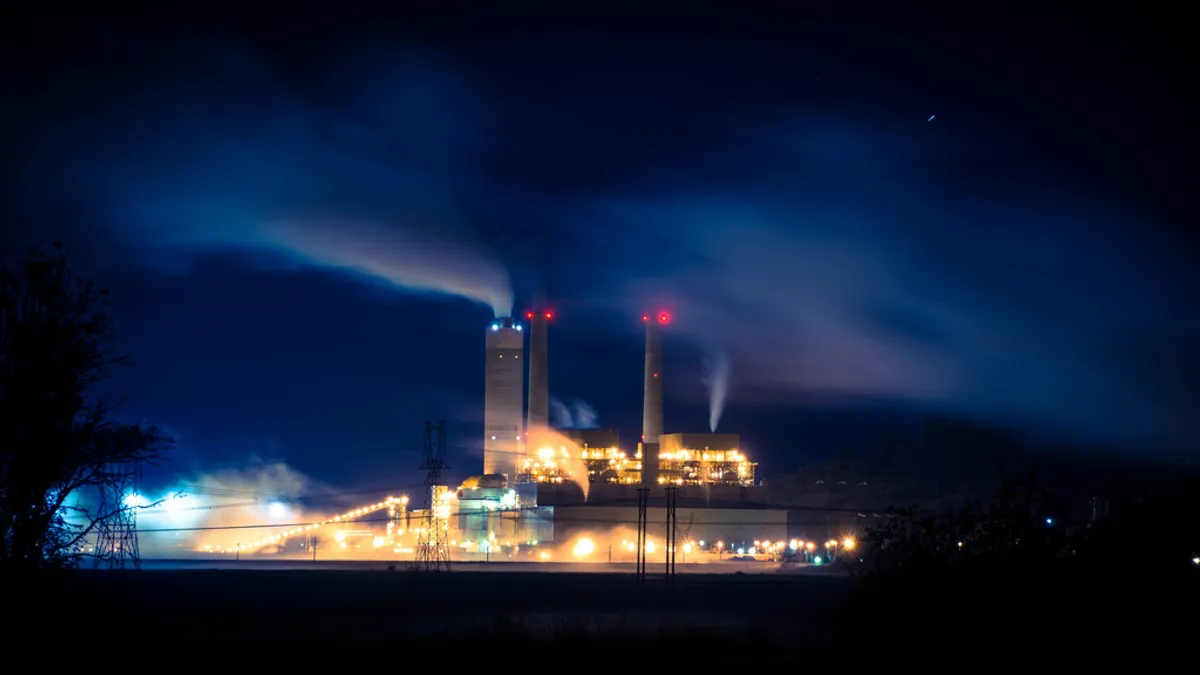Dive Brief:
- Announced last year, the Public Service Enterprise Group (PSEG) is nearing the shutdown date for two coal-fired facilities with a total of 1.2 GW of capacity, with plans to replace it with natural gas.
- The Philadelphia Daily News reports the plants are closing because they could not compete with cheaper natural gas, and are closing just six years after PSEG Power sunk $1 billion into upgrades and scrubbers
- The Mercer and the Hudson generation stations began operating in the 1960s, and they have a combined 200 employees. PSEG has said it intends to retain all of them.
Dive Insight:
It's becoming a familiar story: More and more, coal plants struggle to keep pace as cheap natural gas floods the market. The Philadelphia Daily News sat down with PSEG CEO Ralph Izzo, who explained that it wasn't environmentalists who caused the plant to close down, but cheap fracked natural gas.
"We made a bet on high gas prices,” Izzo told the paper. "We got that wrong.” A decade ago, the Mercer plant ran almost every day. Last year, it was called on just twice.
PSEG's CEO also discussed a slate of New Jersey regulatory and rate reforms he says would align customer demands and clean energy objectives with the utility's revenues. While the utility is particularly interested in energy efficiency, Izzo also said nuclear plants in New Jersey must be maintained for their carbon-free output.
Meanwhile, the closure of Mercer and the Hudson will mean more gas-fired energy for Pennsylvania customers. The utility plans on investing more than $600 million in a new combined-cycled gas plant in Sewaren, N.J., and is also developing new plants in Connecticut and Maryland.
Last year the company took a loss of more than $500 million writedown due to shortening the lifespan the two coal plants, and almost $1 billion more is expected this year.














